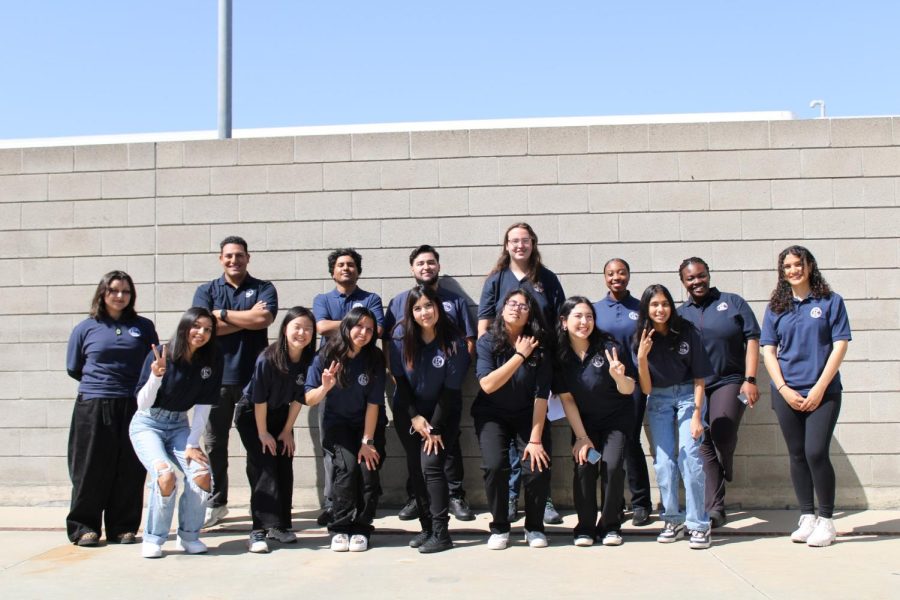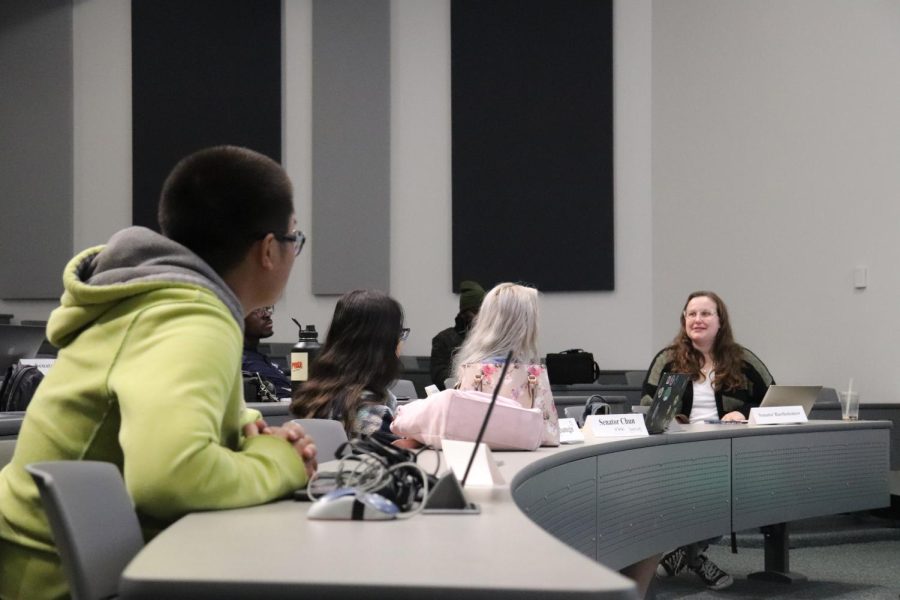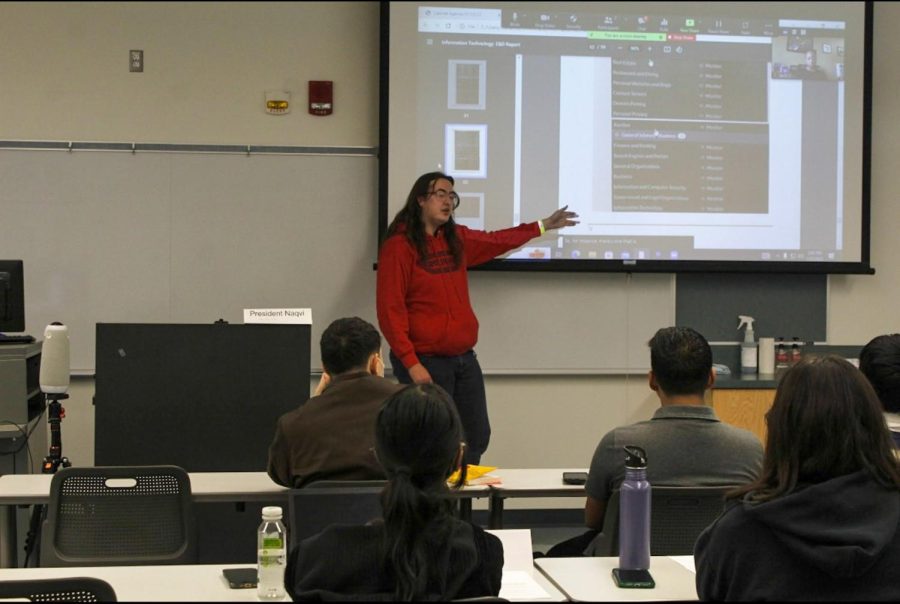In the midst of the recent school’s Presidential and Student Trustee elections, questions on whether or not the Election Code in Article III of the ASCC Constitution was followed properly.
According to Program Facilitator Amber Dofner all the candidates followed the guidelines given to them at the election orientation, and did not violate any by-laws stated in the constitution.
“The applications the candidates fill-out on Orgsync, asks for a 200 word statement,” she stated,
“This application is mirrored from applications used in the past.”
However, stated in Election Code By-law 3.303:
“Each candidate for elective office may also file a resume of not more than 100 words, containing the candidate’s qualifications to be turned into Talon Marks, then published within a reasonable period of time prior to the election in question. Candidates shall not misrepresent themselves in said resume.”
The application itself states:
“ASCC Presidential/Vice Presidential Candidate’s Statement: Create a candidate’s statement as to why you desire and qualify to hold this office. Statements shall not exceed 200 words. [Required] No changes or corrections shall be allowed once application is submitted. The information shared will become public record and may be used in press releases from the college. This application will be kept on file in the Office of Student Activities.”
The discrepancies, and confusion, comes from the what the proper word count of the candidate’s statement should be.
It is unclear whether the candidates were aware of the contradiction between the guidelines and the by-law.
Chief Justice Rodrigo Quintas argued that because bylaw states the word resume, and not statement then it was not broken.
“All the candidates were given the same 200 words,” he said.
“I know it says 100 words, and I believe that has also been the common practice in years past.”
Quintas said that ASCC has found that 100 words was not enough for the candidates to explain why they were eligible.
He continued to say that even if the bylaw had been broken there’s nothing that he or the ASCC court would do.
“[The bylaws] are extremely antiquated there are references here that are older than I have been alive,” he said.
“In terms of it saying 100 words, and for this election everyone got 200 words it’s not like student government fell apart because of it.”
Regardless if the bylaws were broken, according to Quintas, because everyone was allotted the same amount of words to express their candidacy nobody was given a better chance than anyone else.
He said, “There is not really a process for punishing for breaking of bylaws, and even if there were it seems very miniscule.”
While Quintas says there is no process for punishing of the bylaws Election Code bylaw 3.8 states:
Failure to comply with the Elections Code shall result in:
-
First offense: The commissioner of public relations shall remind the registrant of the rules and regulations and tell the registrant to correct the problem within two hours, unless told otherwise by the commissioner of public relations.
-
Second offense: A $40 fee shall be assessed to the registrant. This fee shall be paid within 48 hours, excluding weekends and holidays.
-
Third offense: This will lead to a progressive doubling of the fine, which shall be paid within 48 hours, excluding weekends and holidays.
-
Fourth offense: The Election Board shall take appropriate disciplinary action.
Clearly, this yet another regulatory disregard that faces confusion.
Talon Marks did receive the statements from Dofner, but was unable to publish them due to the excessive length.
Of the five statements received only two stayed under the 100 word count limit.
Dofner responded that because each candidate followed the guidelines of the application there will be no consequences, or effect of to the results of the elections.
According to Elizabeth Miller, dean of student services, the by-laws overrule anything set in the guideline’s given to candidates during the orientation and application process.
She said, “The bylaws trump whatever is in the guidelines.”
If that is the case, then the election code has been violated contradictory to what Dofner previously stated.
Also, if the application is “mirrored from applications used in the past” as previously stated the Election Code has been continuously broken during past elections.















